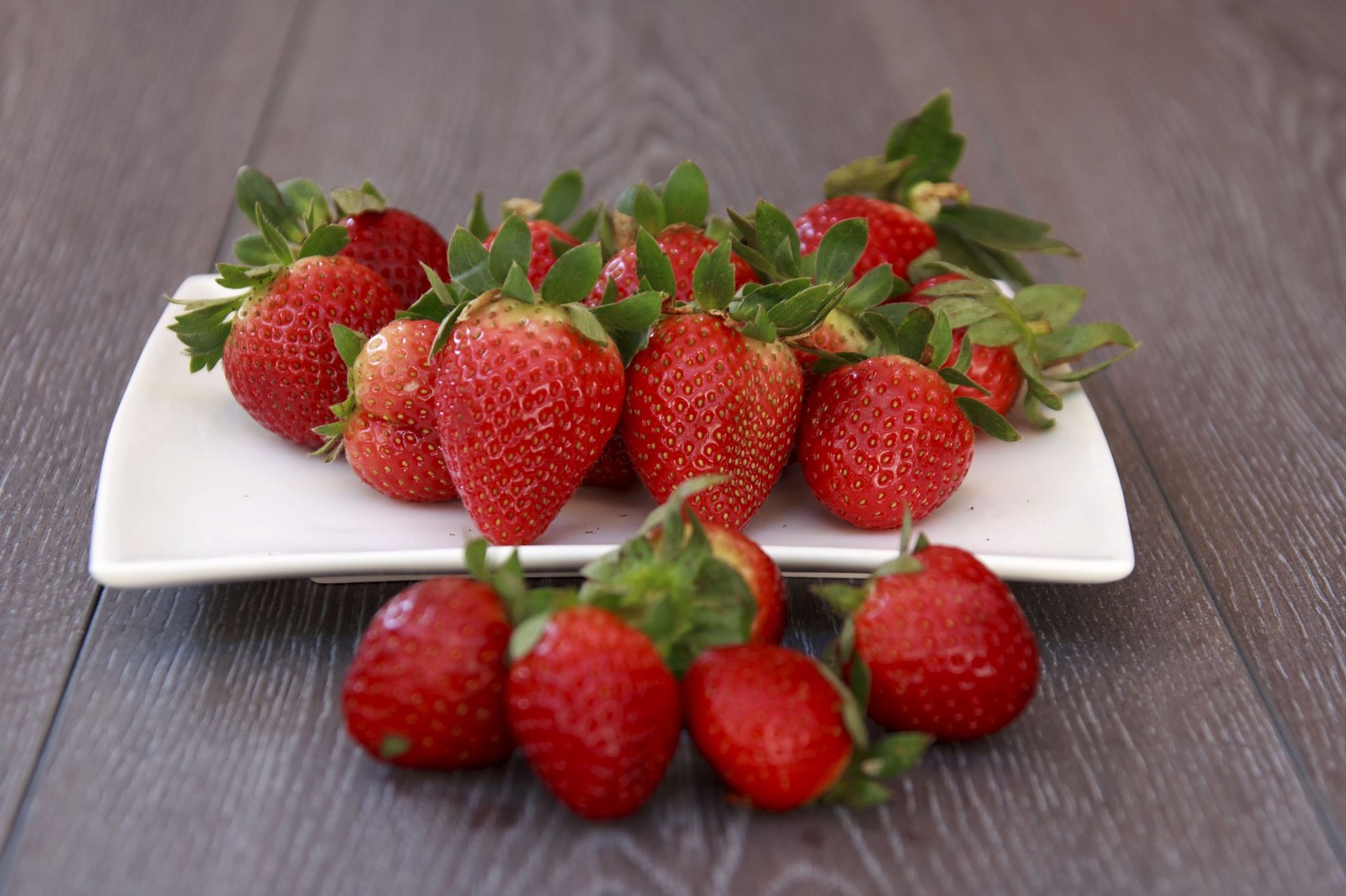Instead of pleasure, emotions, desire and imagination good-for-you foods usually emphasize health and nutritional needs; it’s time we change that.
“So good it’s addicting,” now why isn’t healthy food promoted this way?
“Ethereal fluffiness with rich crispy edges, a delight in every bite.”
“So good it’s addicting.”
These aren’t the terms used when describing healthy food. Good for you foods usually emphasize how they’d help us achieve health goals and meet nutritional needs. They appeal to our knowledge and cognition, not to our emotions, desires and imagination.
But what if healthy foods connected in the way foods whose main — dare I say only — selling point is pleasure did?
Perhaps we’d start chipping away at the notion that healthy food doesn’t taste so good. Perhaps we’d find out that if kids expect a food — any food — to be yummy, expectation itself would increase the chances that that’s exactly what their taste buds, aroma sensors and brain pleasure centers will feel. Expectations are self-fulfilling prophecies when it comes to food, attest many experiments on wine ratings.
There’s urgency in shifting people’s eating to healthier foods. Healthier eating habits would lead to less obesity and fewer people suffering from chronic diseases, but appealing to people with information about health has limited success, especially when messages about those other, less healthy foods appeal viscerally. Let’s face it, better health somewhere down the line vs. sugar fat and salt’s instant gratification — in that perfectly combined convenient, inexpensive, cool and normalized package — not a chance.
If you can’t beat them, join them
A recent article in Appetite focuses on emphasizing the pleasure aspect of healthy food. While some people are attuned to the health message, most are not, claims Professor Simone Pettigrew, and a message that would speak to them should be one of taste, convenience and price — the classic messages food makers use to market their wares. The power of social pressure and environmental influence, that push us to eat poorly, should be harnessed to help communities eat well, and have fun together doing so.
How does one increase the pleasure from healthy food?
The article briefly cites three such examples.
- The Slow Food Movement emphasizes indulgence. It promotes wholesome food, food traditions; it celebrates nourishment, biodiversity and joy of preparing and sharing meals.
- International EPODE, which stand for Ensemble Prévenons l’ObésitéDes Enfants’ (Together Let’s Prevent Childhood Obesity), promotes enjoyment of healthy eating, active play and recreation. Here’s an example of EPODE ‘s ‘Let’s meet with the fruit’ coordinated campaign in France:
“Actions may be designed and organized during the campaign. These can take the form of drama lessons and artistic contests in leisure centres, fruit tasting in market places, walking trails with fruit tasting stops with local producers, afternoon fruit snack distribution in schools, fruit taste education workshops in pre-schools, fruit consumption favoured during a town’s events (e.g. sports meetings and receptions) and distribution of materials to families (e.g. storybooks, recipes, magnets, etc.). Actions can similarly be built continuously or by recurring events that provide the opportunity to promote fruit consumption (e.g. tasting and cooking workshops with families in social centres, breakfast events in schools, open days of local producers and farms, annual EPODE week of local associations for nutrition and physical activity, etc.).”
A message to parents and educators
Before you repeat any of those old sayings you heard from your grandmother: “Eat carrots to improve your vision” (a myth, BTW) or “Eat your carrots, they have lots of Vitamin A,” consider another option: “I found these amazingly fresh, crunchy, sweet carrots at the Farmers’ Market; can’t stop nibbling on them.”
By all means, do educate your kids about nutrition.
Thinking isn’t the enemy of feeling. It’s best when they go hand in hand.
The most beautiful person is the one whose external features are matched with stunning character and kindness; in just the same way, when healthy and tasty meet, they’re unbeatable.
And just another thought: no one falls in love with coffee or wine with the first sip, but their allure and reputation make people acquire a taste, a passion, for them. We can probably learn to love many foods if they were presented in an enticing way.
Dr. Ayala
Originally published at www.drayala.com.
Get my 12 delicious cooking tips to set you free from the sugar fat & salt trap.
Originally published at medium.com


